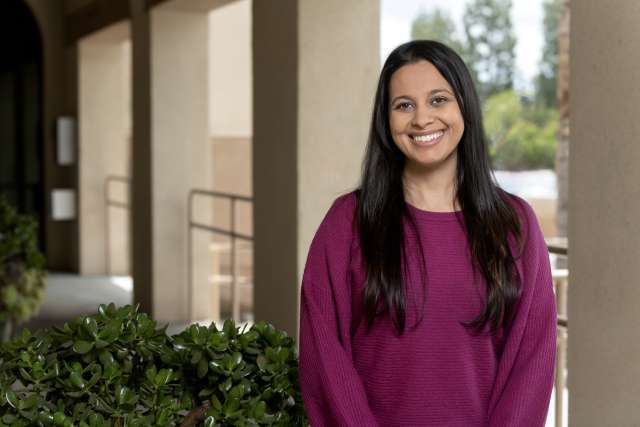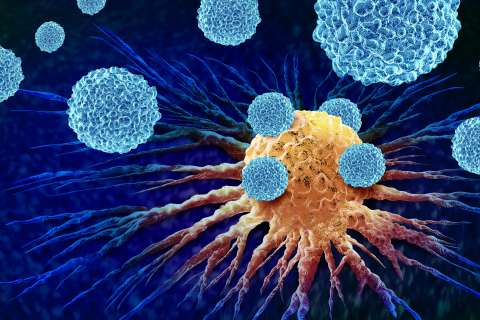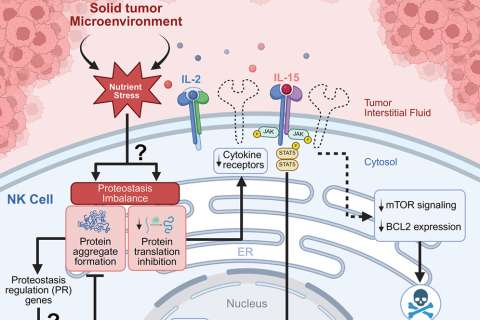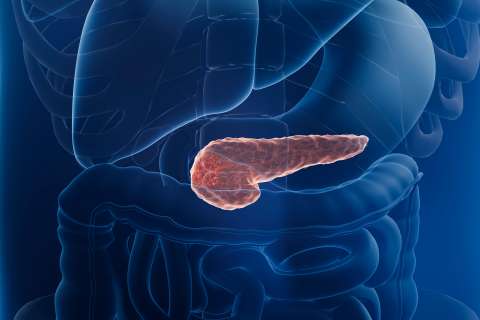When presenting a patient with a diagnosis of a serious illness, such as cancer, physicians must weigh ethical concerns that straddle the line between their duty to tell the patient the truth and their oath to “do no harm.”
However, research increasingly has shown the less one knows about their illness the more daunting it can be and the more distress it can cause, says Aditi Wahi-Singh, LCSW, a clinical oncology social worker with the Simms/Mann-UCLA Center for Integrative Oncology
“There are always exceptions, but in general, research suggests it’s helpful for patients to have information about their treatment and future progression of disease, if possible,” she says.
Wahi-Singh, who previously conducted research on illness uncertainty in pediatric oncology patients and their families, notes that uncertainty about one’s illness and treatment puts them at risk for diminished quality of life manifested by stress, emotional discomfort and a sense of losing control.
Studies have shown that preparing patients for surgical procedures – giving them concrete information about what it will feel like, how long it will take, and the things they can do and not do post-surgery – goes a long way toward giving patients a sense of control over their illness, Wahi-Singh says.
Similarly, with diagnosis, some patients want to know the prognosis. The problem for many doctors, however, is a lot of times they don’t have a clear answer.
“Even if that cannot be answered definitively, perhaps there is other information that could be shared. For example, information regarding treatment expectations, common side effects most people experience, discussions around the physical support they may need during and after treatments, etc.,” Wahi-Singh says. “Sharing whatever information is available has been shown to be helpful for many patients. It’s a way of giving patients a sense of control when things seem out of their control.”
Value of information and education
In 2021, researchers at the University of North Carolina at Chapel Hill conducted a systematic literature review of illness uncertainty management interventions for cancer patients and their family caregivers. The results, published by the National Institutes of Health, showed that over 26 studies of patients with cancer, the majority (65%) found that illness uncertainty management-related interventions had positive effects on outcomes.
The key to helping patients with cancer and their family caregivers manage uncertainty, the report found, is providing informational and educational support. When combined with emotional, social and daily-living support (such as cooking meals or doing laundry for the patient), illness uncertainty was further reduced.
Furthermore, the report found that providing such support also may empower patients to develop positive coping mechanisms.
Empowering patients
Wahi-Singh says her research has helped inform her one-on-one work with patients when they express feelings of being overwhelmed due to illness uncertainty.
“I can utilize an evidence-based, targeted approach to explore with patients what they know about their illness and whether it would be helpful to discuss further with their medical team,” she says. “Often, when we have those discussions, it allows me to empower the patients to seek more information, if that is helpful for them. They can’t control the cancer or decide the best treatment options, but as a patient, they can be involved by asking questions and getting more information, if they would like. Increasing one’s agency throughout their cancer treatment helps many patients feel a bit more grounded and better prepared for what’s to come.”
The Simms/Mann Center, for example, offers a presurgical education class for women who are undergoing breast surgery at UCLA (lumpectomy, mastectomy, reconstruction). The class helps prepare patients for what to expect from admission through post-operative recovery. Patients are able to ask questions and learn tools to better manage medical, practical and emotional aspects of their surgery.
“There are many ways to prepare and cope with these situations with the hope that it will decrease cancer-related distress,” says Wahi-Singh, who previously co-facilitated the presurgical education class. “The idea is that patients will feel a greater sense of agency, preparedness, and better ability to cope knowing this information.”
Wahi-Singh says it’s gratifying to be able to use her previous research, as well as the latest findings, in her practice at Simms/Mann.
“I’ve always worked from an evidence-based model, and this is what is proven by research and shown to work,” she said.
Jennifer Karmarkar is the author of this article.




